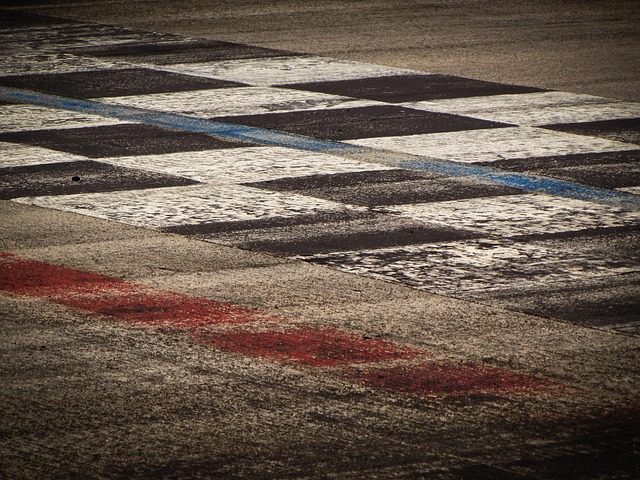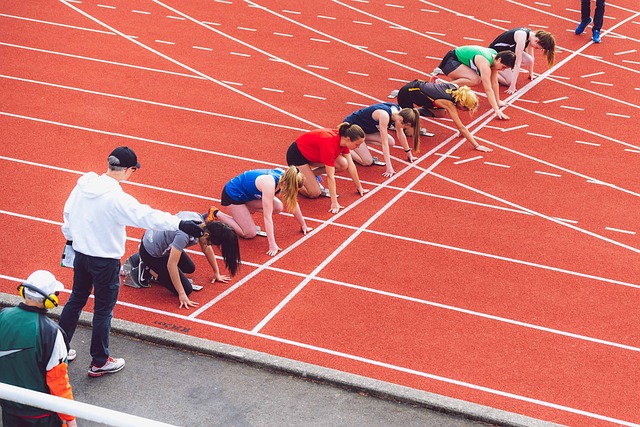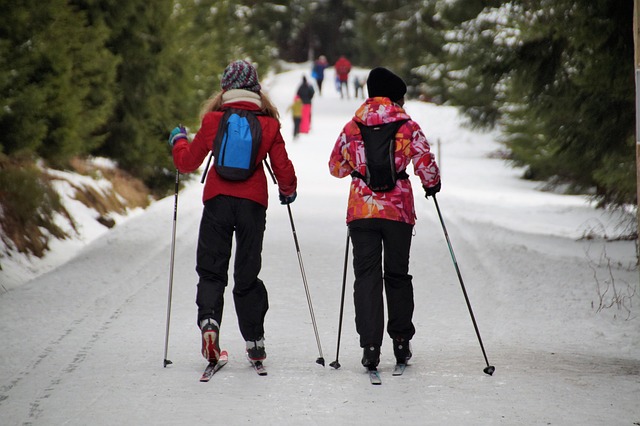NCAA cross country events showcase a vibrant tapestry of cultural diversity, enriching the athletic and social experience. Top programs thrive on teamwork, discipline, and respect for traditions, with coaches emphasizing balanced preparation. Community engagement builds local support and team identities, enhancing the overall event. Inclusivity fosters safe spaces, empowering athletes to share diverse identities and boosting performance. The events blend tradition and innovation, attracting participants who value history and modern advancements in the sport.
“Discovering the cultural richness of NCAA cross country events reveals a vibrant tapestry woven with diverse threads. This article explores how ‘Understanding Cultural Diversity’ impacts team dynamics, with a focus on the values that foster success among top running programs. From community engagement strategies to inclusivity initiatives, we delve into the unique culture and traditions shaping these teams. Uncover the balance between tradition and innovation, and its role in preparing athletes for both local support and national recognition in NCAA cross country events.”
- Understanding Cultural Diversity in NCAA Cross Country Teams
- Values That Drive Success: A Look at Top Running Programs
- Community Engagement: How Teams Cultivate Local Support
- Overcoming Barriers: Embracing Inclusion on the Trails
- Tradition and Innovation: Shaping Cross Country Culture
Understanding Cultural Diversity in NCAA Cross Country Teams

In the vibrant landscape of NCAA cross country events, cultural diversity is a rich tapestry that enhances the overall experience. Teams from various regions and backgrounds bring unique values and traditions, creating an environment that fosters both athletic excellence and cultural exchange. This diversity is not merely about the places teams hail from; it also encompasses the varied experiences, beliefs, and customs that athletes carry with them.
Understanding and appreciating this cultural mosaic is essential for fostering inclusivity within NCAA cross country communities. Coaches, teammates, and fans alike can benefit from learning about different perspectives, which can lead to stronger bonds and a more supportive atmosphere. This cultural richness also adds depth to the competitive spirit of these events, making every race not just a test of physical prowess but also a celebration of the human experience on display across diverse horizons.
Values That Drive Success: A Look at Top Running Programs

Top-tier NCAA cross country programs share a common thread—a strong culture and set of values that drive their success on and off the course. These values often include teamwork, discipline, resilience, and a deep respect for the sport’s traditions. In top-ranked teams, runners not only strive for personal bests but also work collectively to achieve team glory, fostering an environment of camaraderie and mutual support.
This collective mindset is evident during training sessions and NCAA cross country events alike. Coaches play a pivotal role in instilling these values, guiding their athletes through rigorous practices while also teaching them the importance of balance—a healthy mix of rest, nutrition, and mental preparation. This holistic approach to training prepares runners not just physically but mentally for the challenges they’ll face on race day.
Community Engagement: How Teams Cultivate Local Support

In the vibrant landscape of NCAA cross country events, community engagement plays a crucial role in fostering local support and creating a unique team identity. Teams that thrive in this aspect often find themselves at the forefront of the sport’s passionate fan base. By actively involving themselves in the host communities, teams build a sense of belonging and create lasting memories for both athletes and spectators alike. This strategy involves various initiatives such as community service projects, meet-and-greets with local residents, and collaborative efforts with regional businesses to enhance the overall cross country experience.
Such engagement not only attracts attendees but also fosters a deep-rooted connection between the team and its surroundings. This is especially prominent in smaller towns where every resident becomes invested in the success of the hosting university’s cross country team. As a result, the atmosphere during NCAA cross country events becomes electric, with the collective energy of the community resonating through the trails and echoing across the finish line, making each race a memorable spectacle.
Overcoming Barriers: Embracing Inclusion on the Trails

In the diverse landscape of NCAA cross country events, fostering an inclusive environment is more than a moral imperative; it’s a competitive advantage. Teams that actively embrace and celebrate cultural diversity are better positioned to thrive on and off the trails. Overcoming barriers to inclusion means creating safe spaces where athletes from all backgrounds feel valued and empowered to express their unique identities. This extends beyond race or ethnicity, encompassing diverse life experiences, abilities, and perspectives.
By embracing inclusivity, cross country teams cultivate a rich tapestry of stories and viewpoints that enhance team dynamics and performance. When athletes feel comfortable being themselves, they run not just for personal bests but also for the collective pride of their communities. This sense of belonging translates into stronger bonds, increased motivation, and a resilient spirit—all essential elements for navigating the challenges and triumphs of NCAA cross country competitions.
Tradition and Innovation: Shaping Cross Country Culture

In the realm of NCAA cross country events, a unique blend of tradition and innovation shapes the rich culture that defines this sport. The deep-rooted traditions, passed down through generations, create an atmosphere filled with camaraderie and pride. Teams often boast long-standing rituals, from pre-race ceremonies to specific warm-up routines, fostering a sense of unity and shared heritage among runners. These traditions not only strengthen team bonds but also inspire a sense of continuity, connecting current athletes to the legacy of past champions.
However, alongside these traditions, innovation plays a pivotal role in keeping cross country culture dynamic and relevant. Coaches and athletes embrace cutting-edge training methods, advanced analytics for performance optimization, and technology that enhances race day experiences. The integration of modern tactics while respecting traditional values creates a powerful synergy, fostering a culture that is both respectful of its heritage and forward-thinking in approach. This balance ensures that NCAA cross country events remain not just competitive but also captivating, attracting “folks” who appreciate the interplay between history and progress.






